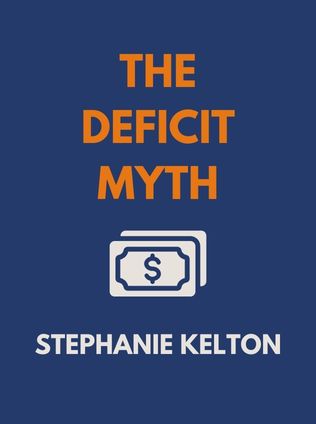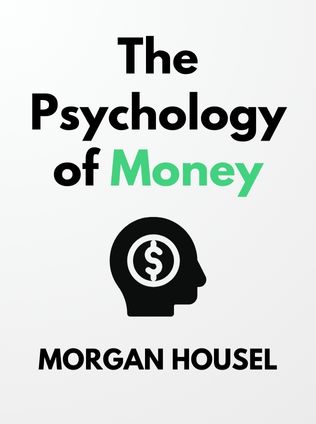
The Deficit Myth
Modern Monetary Theory and the Birth of the People's Economy
By Stephanie Kelton
Published 06/2020
About the Author
Stephanie Kelton is a prominent economist who has significantly influenced modern economic thought, particularly through her work on Modern Monetary Theory (MMT). With a career that spans academia, government service, and public advocacy, Kelton has established herself as a leading voice in rethinking traditional economic policies. She served as the Chief Economist on the U.S. Senate Budget Committee for the Democrats and was a key economic advisor to Bernie Sanders during his 2016 presidential campaign. Kelton’s work is characterized by her ability to challenge established economic norms and present complex ideas in ways that are accessible to both policymakers and the general public. Her book, The Deficit Myth, encapsulates her groundbreaking ideas and offers a new framework for understanding government spending, deficits, and the role of fiscal policy in modern economies.
Main Idea
In The Deficit Myth, Stephanie Kelton dismantles the widely held belief that government deficits are inherently bad and must be minimized. Instead, she argues that countries with monetary sovereignty, like the United States, have the unique ability to create their own currency and should use this power to achieve public goals, such as reducing inequality, addressing climate change, and ensuring full employment. Kelton’s central thesis is that the real limit to government spending is not deficits, but inflation, which she contends can be managed through appropriate fiscal and monetary policies. Her work advocates for a paradigm shift in economic thinking, urging policymakers to prioritize social and economic well-being over the narrow focus on balancing budgets.
Table of Contents
- The Federal Government Is Not Like a Household
- Inflation Is the Real Limit
- There’s No Threat From the National Debt
- The Trade Deficit Is Harmless
- The Phony Entitlement Crisis
- Jobs As a Right: The Federal Jobs Guarantee
The Federal Government Is Not Like a Household
Kelton begins by addressing one of the most pervasive myths in economic discourse: the idea that the federal government’s budget operates like a household budget. This analogy suggests that just as households must balance their income and expenditures to avoid debt, so too must the government. However, Kelton argues that this comparison is fundamentally flawed. Unlike households, the federal government is a currency issuer, meaning it can create money to finance its spending. Therefore, the government does not need to rely on taxes or borrowing to fund its activities in the same way a household does.
She explains that the government’s ability to issue currency allows it to spend first and tax later. This spending-first approach is crucial for economic stability and growth, as it ensures that there is enough money circulating in the economy to support jobs, investment, and consumption. The common fear that government spending leads to uncontrollable debt is, according to Kelton, a misunderstanding of how government finance actually works.
Kelton illustrates her point by comparing the federal government to a central bank. Just as the central bank can issue money to manage the economy, so too can the federal government use its spending power to achieve economic goals. She writes, “The federal government’s finances are nothing like those of a household and operate under an entirely different set of rules” (Kelton). This fundamental difference means that the government is not constrained by the same financial limitations as households or businesses.
Sign up for FREE and get access to 1,400+ books summaries.
You May Also Like
Rich Dad Poor Dad
What the Rich Teach Their Kids About Money - That the Poor and Middle Class Do Not!
By Robert T. KiyosakiFreakonomics
A Rogue Economist Explores the Hidden Side of Everything
By Steven D. Levitt and Stephen J. DubnerI Am Malala
The Story of the Girl Who Stood Up for Education and Was Shot by the Taliban
By Malala YousafzaiFactfulness
Ten Reasons We're Wrong About the World – and Why Things Are Better Than You Think
By Hans Rosling



















